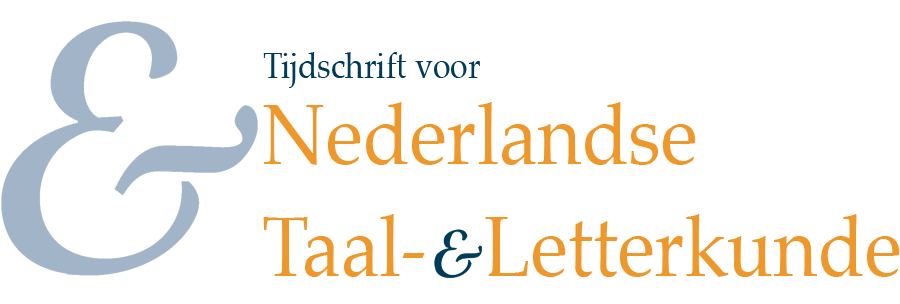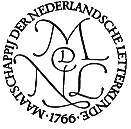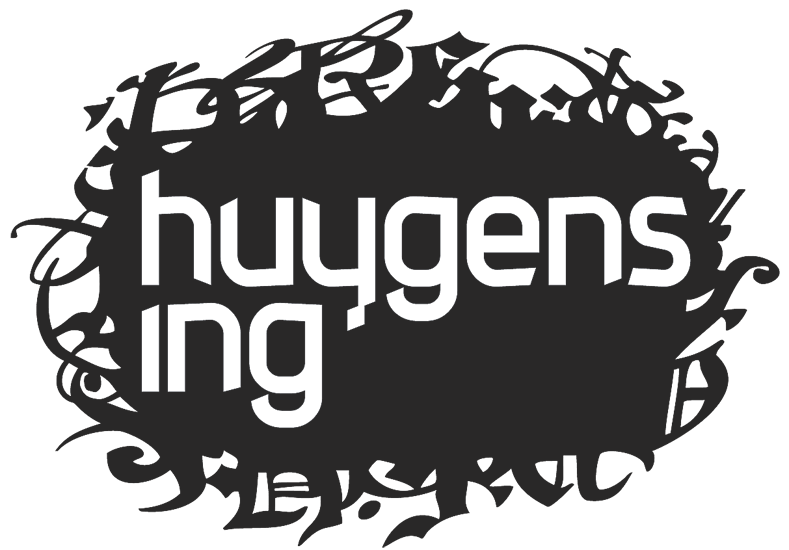The Passions in the Literature of the Dutch Golden Age
Samenvatting
This article reviews some of the current trends within the field of early modern emotion studies, surveying the literary and performative function of the representation of the emotions in devotional poetry, biblical drama and revenge tragedy. It argues that the representation of emotion, particularly vehement emotions such as spiritual sorrow, extreme grief and desire for revenge challenges us to reconsider our preconceptions about the way in which we assume people understood the opposition between body and soul, reason and passion. Complicating the idea of a direct relationship between the available medical or moral-philosophical discourses on the nature of the passions and their literary expression, the representation of extreme emotion calls for more open, flexible reading strategies that give more leeway to tension or contradiction between different emotional discourses, and that acknowledges that the subversive potential of emotional excess can be celebrated, or politically exploited, as well as suppressed or contained. In this way Tesselschade’s poems on Mary Magdalen create a devotional subjectivity that transcends the dualistic opposition between body and soul that characterizes much of her other writing, spiritualizing the body and bestowing it with its own, wordless eloquence. Similarly, the grieving women of Vondel’s biblical tragedies Gebroeders and Jeptha, whose presence evokes both the mourning women of Greek tragedy and the figure of the Virgin lamenting under the Cross, show the power of excessive grief, both as an inducement to compassionate fellow-mourning, and as an indictment of tyranny. The copious literature of elegies, pamphlets and plays generated by the execution of Johan van Oldenbarnevelt in 1619 and by that of Charles I Stuart exactly thirty years later, finally, demonstrates the powerful hold of the literary figure of the avenger over the political imaginary, and the manipulation of emotions such as compassion, anger and shame as a spur to political action.
Terugverwijzingen
- Er zijn momenteel geen terugverwijzingen.



